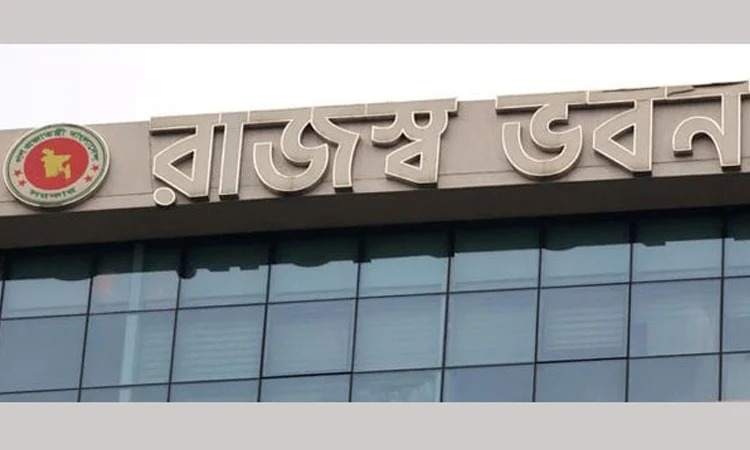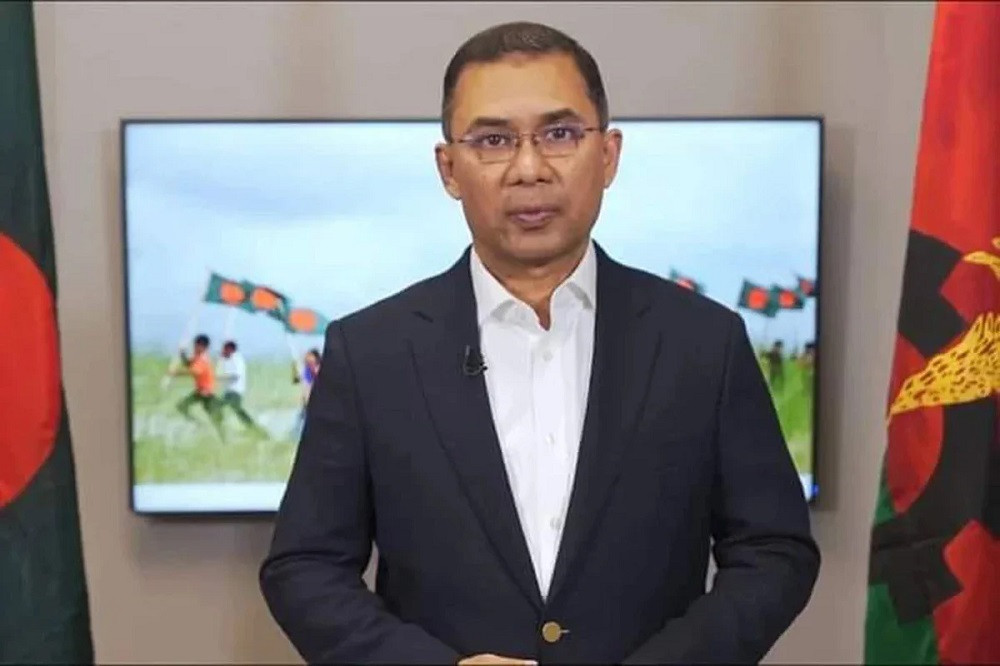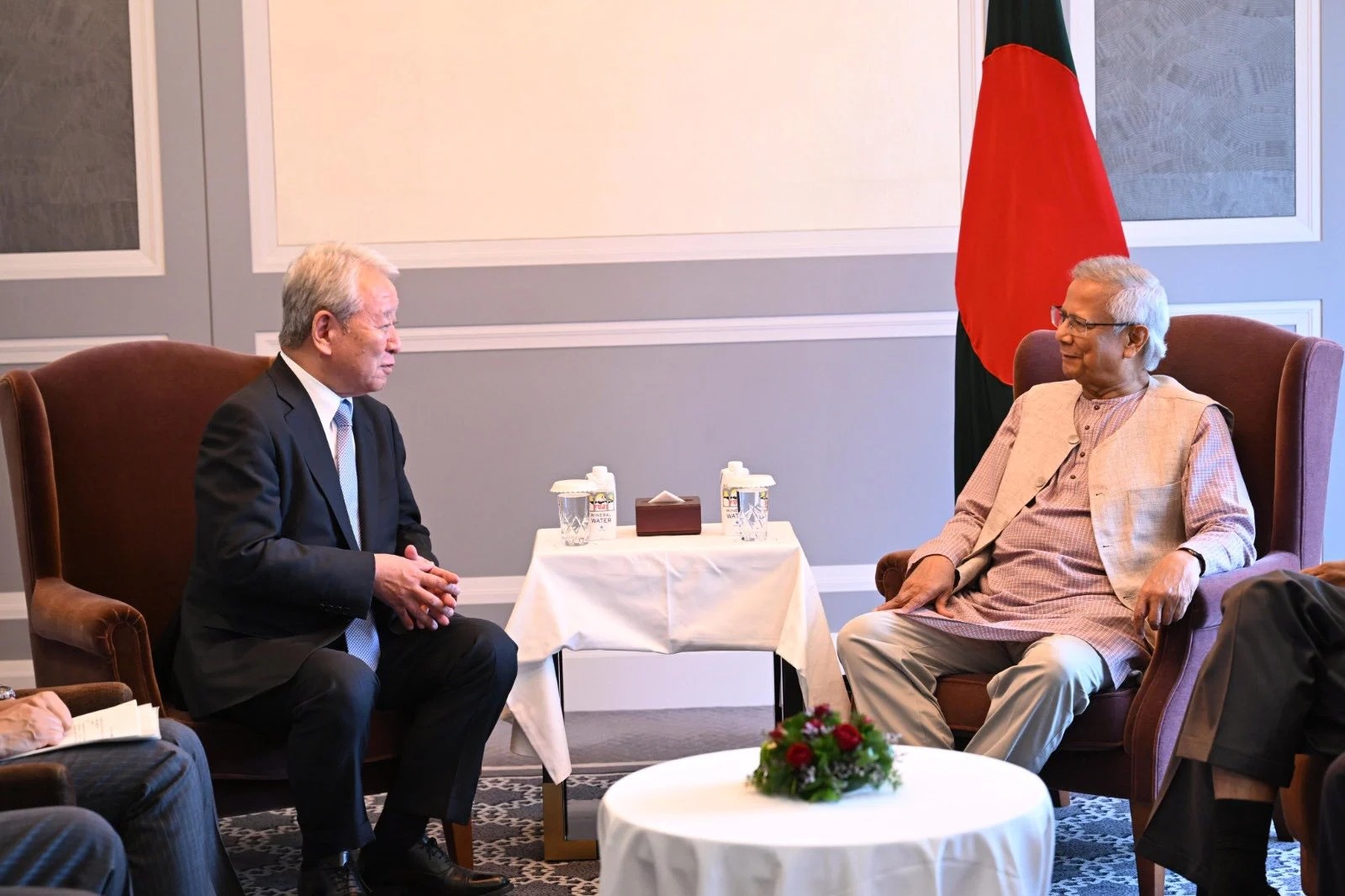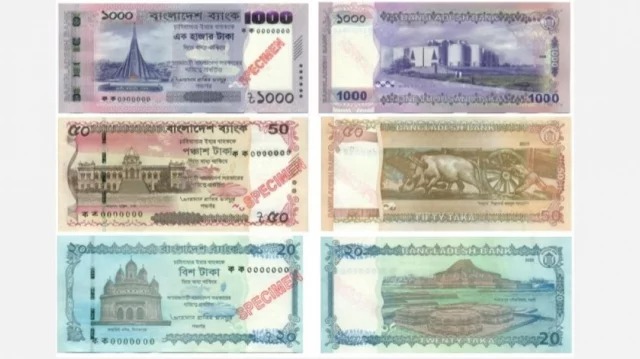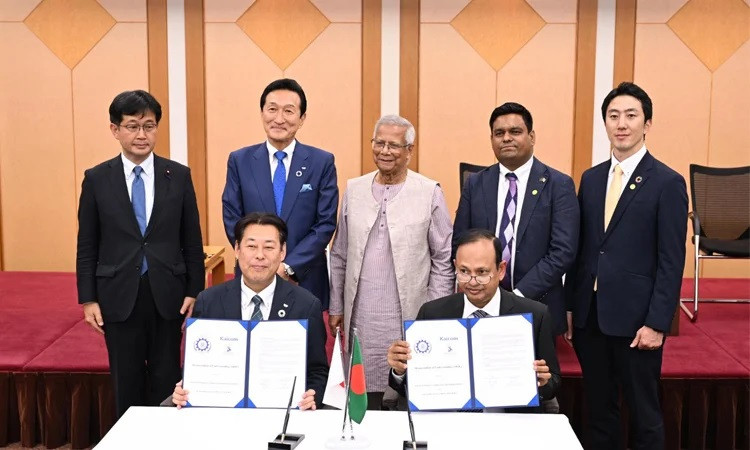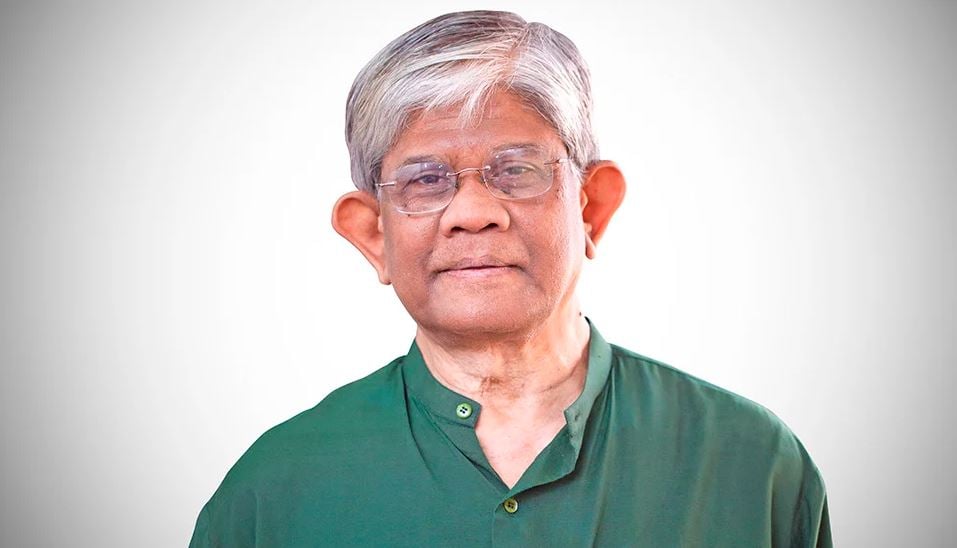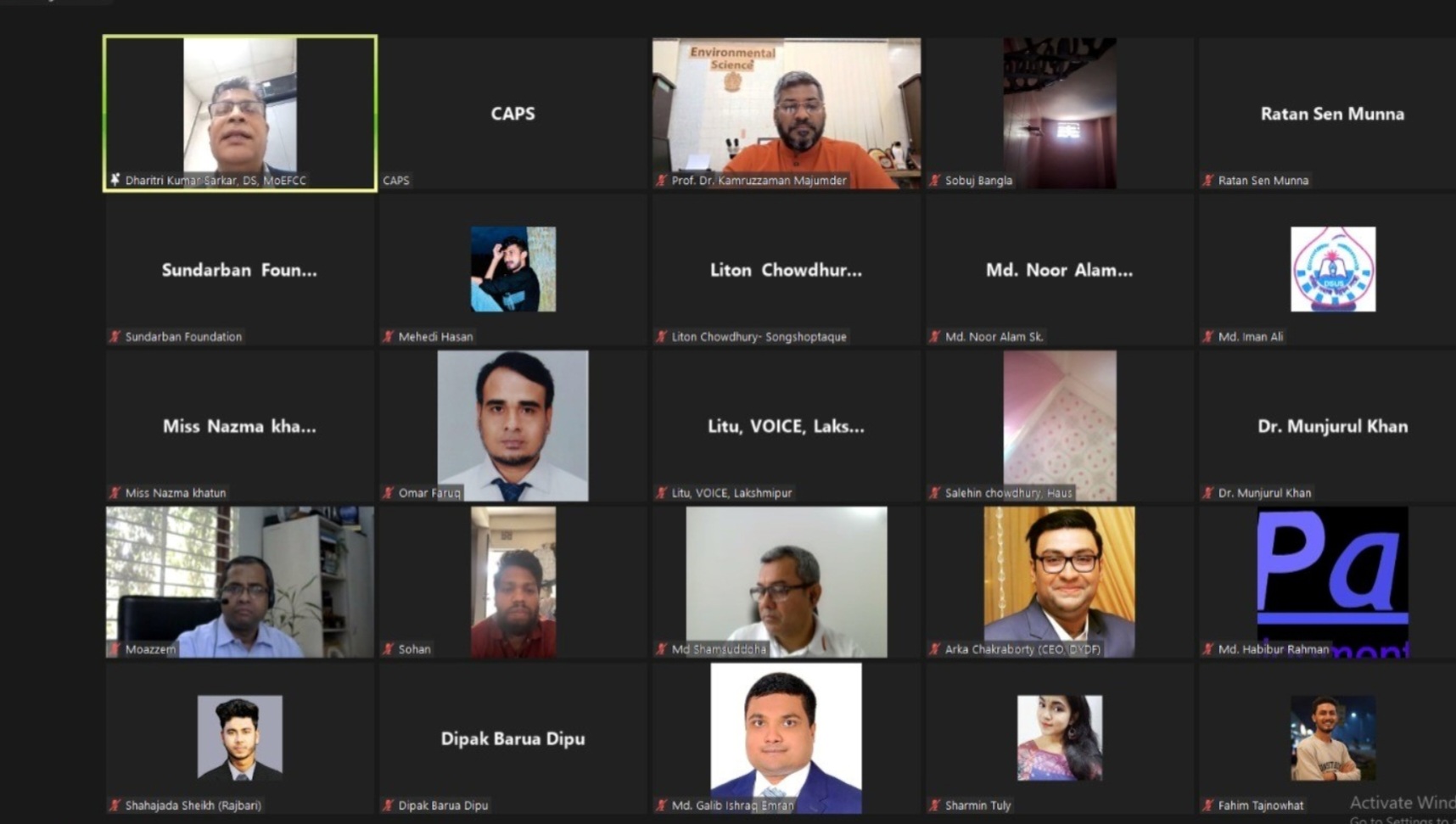
Leading experts, policymakers, and environmental activists gathered on Thursday in an online policy dialogue to stress the urgent need for comprehensive reforms to Bangladesh’s Integrated Energy and Power Master Plan (IEPMP) in order to address critical concerns related to air pollution and carbon emissions.
The event, titled “The Role of the Integrated Energy and Power Master Plan (IEPMP) in Reducing Carbon Emissions and Ensuring Clean Air,” was organised by the Center for Atmospheric Pollution Studies (CAPS), the Center for Participatory Research and Development (CPRD), and the Just Energy Transition Network Bangladesh (JETNet-BD).
It featured key figures such as Mohammad Azaz, Administrator of Dhaka North City Corporation (DNCC), and Dr SM Manjurul Hannan Khan, Executive Director of Nature Conservation Management.
During the discussion, experts underscored that while the IEPMP aims to provide a long-term roadmap for a secure, affordable, and sustainable power sector, it currently lacks clear emission standards and a strategic plan for an energy transition. Professor Dr Ahmad Kamruzzaman Majumder, Chairman of CAPS, delivered the keynote address, highlighting that without explicit clauses on emission reduction and an energy transition framework, the IEPMP could lead to long-term environmental and economic challenges. He stressed that strong air pollution controls and effective energy transition policies are vital for aligning the IEPMP with Bangladesh’s clean energy goals.
Chief guest Mohammad Azaz emphasised that a shift toward renewable energy is critical in reducing carbon emissions and ensuring cleaner air in urban areas. “We must reduce our dependence on fossil fuels and prioritize renewable energy sources like solar and wind,” he stated. Azaz also called for a reassessment of urban planning policies to promote the integration of renewable energy solutions.
Dr Khondaker Golam Moazzem of the Center for Policy Dialogue (CPD) echoed the need for Bangladesh to reduce its reliance on foreign consultants and donors for energy policy formulation. “We must develop a comprehensive, locally-driven national energy policy that suits our unique needs,” he stated, advocating for the establishment of a joint national commission to guide energy policy development.
Sohanur Rahman of YouthNet Global voiced concern over increasing carbon emission limits for thermal power plants, describing it as a step backward. “Raising emission limits for thermal power plants legitimizes pollution and undermines our climate goals. We need to halt investments in fossil fuels and redirect funding toward renewable energy,” Rahman added. He also pointed out that the IEPMP’s reliance on costly and unproven technologies could hinder the development of renewable energy, ultimately undermining the country’s efforts to meet its Nationally Determined Contributions (NDCs) for climate action.
Md Abul Kalam Azad of ActionAid emphasized the importance of creating a comprehensive energy policy that considers Bangladesh’s energy sovereignty. “Our fossil fuel resources are limited, but we have massive potential for renewable energy—studies suggest we could harness up to 300GW from solar and wind,” he stated. Azad urged that only a well-structured, contextualized policy would enable the country to tap into these renewable resources and ensure long-term energy security.
Dr SM Manjurul Hannan Khan, special guest at the event, called for the inclusion of scientific research in the energy policy-making process, underlining that evidence-based strategies are critical for ensuring the long-term sustainability of the energy sector.
In his concluding remarks, Md Shamsuddoha, Chief Executive of CPRD, emphasised the need for swift action to transition to renewable energy. “We must accelerate the shift from fossil fuels to solar, wind, and hydropower. The IEPMP must be strengthened to incorporate stronger pollution control measures, and we must increase investments in clean energy technologies,” he said.
The policy dialogue highlighted the urgent need for policy reforms that align Bangladesh’s energy sector with environmental sustainability goals and public health priorities. The event brought together policymakers, environmental organizations, academics, and students, all united in the call for a cleaner, more sustainable energy future for Bangladesh.



